Limited Availability: Treatment beds filling quickly. Call now for immediate placement – (844) 561-0606
Explore a comprehensive guide to 14 inpatient, 21 outpatient, and 13 detox centers across Mississippi. Compare costs, reviews, and treatment options to find the perfect rehab facility for your needs.

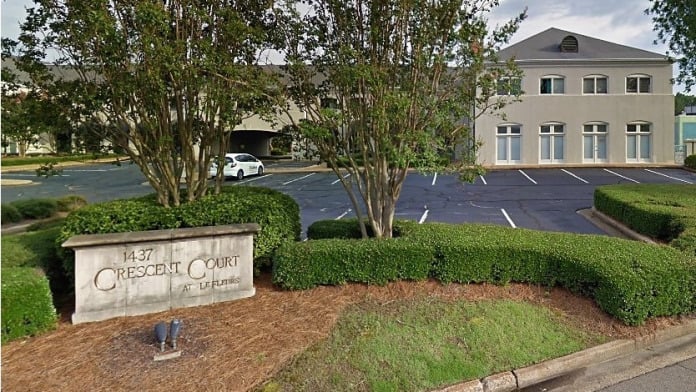 | A Bridge To RecoveryA Bridge To Recovery in Jackson, MS, is dedicated to providing comprehensive addiction services for individuals facing substance use disorders. The center offers a range of treatment options, including detoxification, residential care, outpatient programs, and aftercare support. With a focus on personalized care, A Bridge To Recovery creates a supportive environment that empowers clients to confront their challenges and rebuild their lives. The experienced team utilizes evidence-based practices to ensure a holistic approach to healing, addressing the physical, emotional, and spiritual aspects of recovery. Discover the transformative journey that awaits at A Bridge To Recovery. 1437 Old Square Rd Suite 101, Jackson, MS 39211 | Levels of Care:outpatient Payment Options:Private InsuranceSelf-Pay Options |  | |
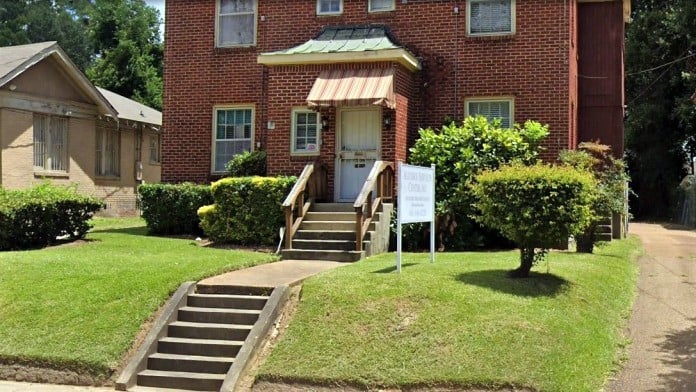 | Alcohol Services CenterAlcohol Services Center in Jackson, MS, is dedicated to providing specialized treatment for individuals struggling with alcohol addiction. Offering a range of services including assessment, detoxification, counseling, and aftercare support, the center focuses on creating personalized treatment plans that cater to each client\\\'s unique needs. With a compassionate and knowledgeable team, Alcohol Services Center fosters a supportive environment that promotes healing and recovery. Utilizing evidence-based practices, the center empowers clients to confront their challenges and build a foundation for lasting sobriety. Discover the path to recovery at Alcohol Services Center. 950 North West Street Jackson, MS 39202 | Levels of Care:Inpatientoutpatient Payment Options:Self-Pay Options | ||
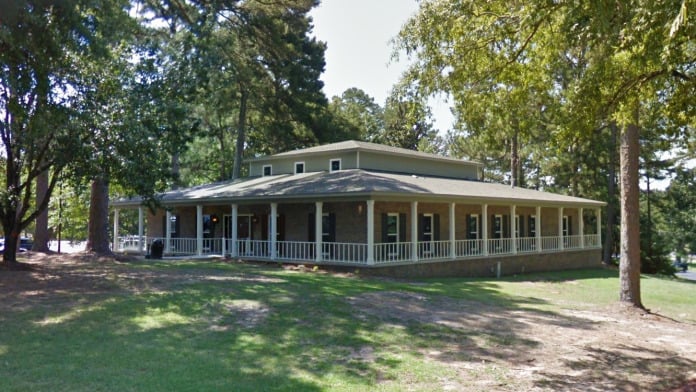 | Alliance Health CenterAlliance Health Center in Meridian, MS, offers comprehensive addiction treatment services for individuals facing substance use disorders. The center provides a variety of programs, including detoxification, residential treatment, outpatient services, and aftercare support. With a focus on personalized care, Alliance Health Center aims to address the unique needs of each client in a supportive and nurturing environment. The experienced team utilizes evidence-based therapies and holistic approaches to empower individuals on their journey to recovery. Discover how Alliance Health Center can help you reclaim your life and achieve lasting sobriety. 5000 MS-39, Meridian, MS 39301 | Levels of Care:DetoxInpatientoutpatient Payment Options:MedicaidPrivate insuranceSelf-Pay OptionsFinancial AidMedicareMilitary Insurance | ||
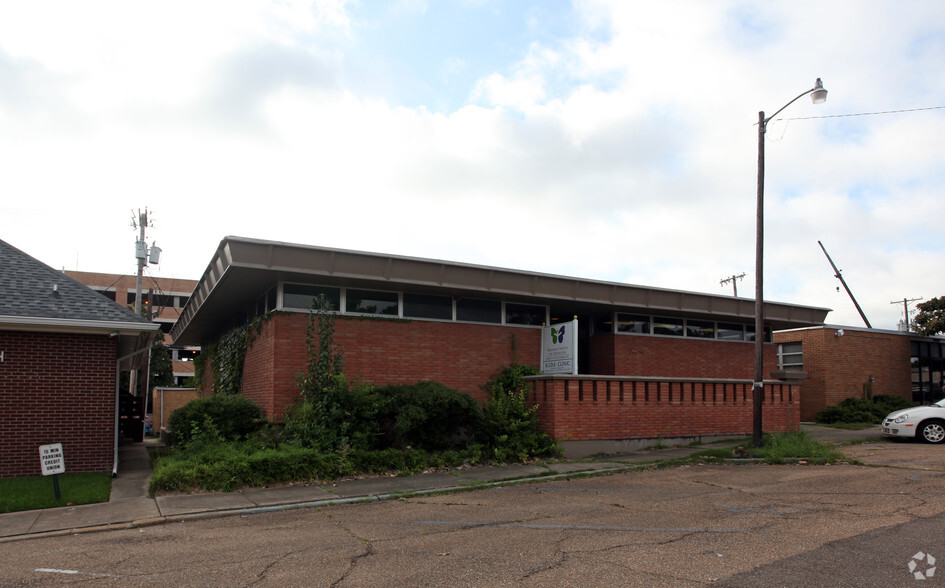 | ALTRALTR in Jackson, MS, provides innovative addiction recovery services designed to support individuals battling substance use disorders. With a focus on personalized care, ALTR offers a range of programs, including detoxification, outpatient treatment, and aftercare support. The dedicated team of professionals utilizes evidence-based practices and holistic approaches to create a nurturing environment that fosters healing and personal growth. ALTR is committed to empowering clients on their path to recovery, equipping them with the tools needed for lasting sobriety. Explore the transformative services available at ALTR. 500 East Woodrow Wilson Drive, Suite D, Jackson, MS 39216 | Levels of Care:Detoxoutpatient Payment Options:Self-Pay Options | ||
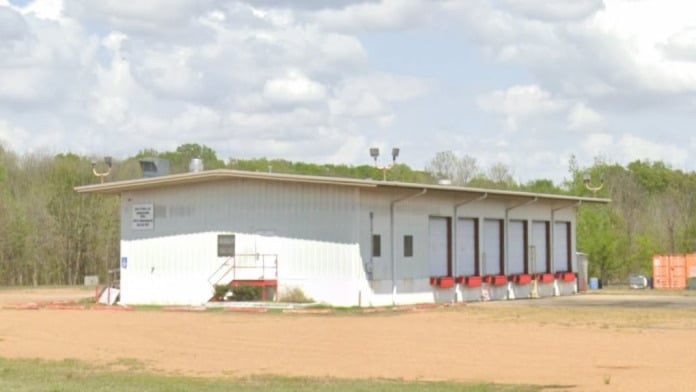 | Arms of MercyArms of Mercy in Greenville, MS, is dedicated to providing compassionate addiction recovery services for individuals facing substance use disorders. The center offers a range of programs, including detoxification, residential treatment, outpatient services, and life skills training, all designed to support clients on their journey to recovery. With a focus on holistic care, Arms of Mercy addresses the physical, emotional, and spiritual aspects of healing, creating a nurturing environment that fosters personal growth. The experienced team is committed to empowering individuals to reclaim their lives and achieve lasting sobriety. Discover the supportive community at Arms of Mercy. 1341 Beauchamp Rd, Greenville, MS 38703 | Levels of Care:outpatient Payment Options:Free | ||
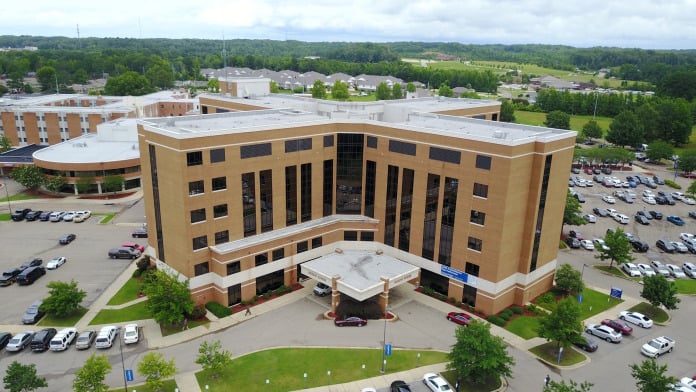 | Baptist Behavioral HealthBaptist Behavioral Health in Columbus, MS, offers comprehensive mental health and addiction treatment services tailored to meet the needs of individuals struggling with substance use disorders and mental health challenges. The facility provides a range of programs, including inpatient and outpatient treatment, counseling, and support services designed to promote healing and recovery. With a team of experienced professionals, Baptist Behavioral Health focuses on personalized care, utilizing evidence-based practices to empower clients on their journey to wellness. Discover a welcoming environment that prioritizes your mental health and recovery at Baptist Behavioral Health. 2520 5th St N, Columbus, MS 39705 | Levels of Care:Inpatientoutpatient Payment Options:MedicaidPrivate insuranceSelf-Pay OptionsMedicareMilitary Insurance | ||
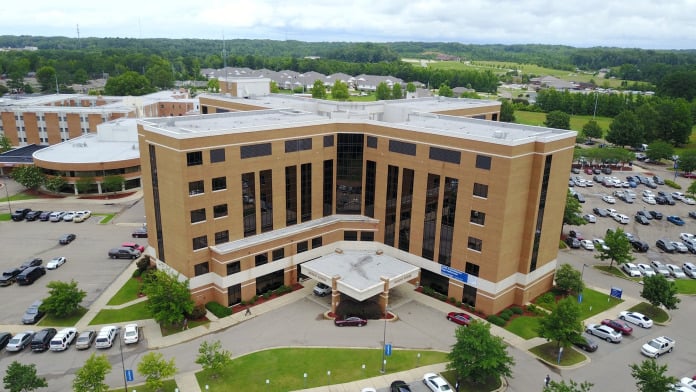 | Baptist Memorial Hospital Chemical Dependency UnitThe Baptist Memorial Hospital Chemical Dependency Unit in Columbus, MS, offers specialized treatment for individuals struggling with substance use disorders. Focused on providing a safe and supportive environment, the unit features comprehensive programs that include detoxification, inpatient care, and outpatient services. The experienced team of healthcare professionals is committed to delivering personalized treatment plans tailored to the unique needs of each patient. Utilizing evidence-based therapies and holistic approaches, Baptist Memorial Hospital aims to empower individuals on their journey to recovery and long-term sobriety. Experience compassionate care at the Chemical Dependency Unit. 2520 5th St N, Columbus, MS 39705 | Levels of Care:Inpatient Payment Options:MedicaidPrivate insuranceSelf-Pay OptionsFinancial AidMedicareMilitary Insurance | ||
Barkley Hugh AllenBarkley Hugh Allen | ||||
Best of Both Worlds – Women’s Addiction CenterBest of Both Worlds – Women’s Addiction Center 8378 Ham Road, Meridian, MS 39305 | ||||
Bibleway Ministries12924 Seaman Rd. Ocean Springs, MS 39565 | ||||
Bradley A Sanders Adolescent ComplexBradley A Sanders Adolescent Complex | Payment Options:Medicaid | |||
Brighter Days IIBrighter Days II | Payment Options:Medicaid | |||
Buried Treasures HomeP.O. Box 720672 Byram, MS 39272 | Payment Options:Self-pay options Medicaid Financing available Medicare | |||
CARES CenterCARES Center | Payment Options:Medicaid | |||
Catholic CharitiesCatholic Charities | Payment Options:Self-pay options | |||
Catholic Charities - Hope HavenCatholic Charities - Hope Haven | Payment Options:Medicaid | |||
Center for Independent Learning - The Friendship ConnectionCenter for Independent Learning - The Friendship Connection | Payment Options:Self-pay options | |||
Central Mississippi Medical Center - Behavioral HealthCentral Mississippi Medical Center - Behavioral Health | Payment Options:Medicaid | |||
Central Mississippi Residential CenterCentral Mississippi Residential Center | Payment Options:Medicaid | |||
Christian Changes CounselingChristian Changes Counseling | Payment Options:Self-pay options |
Find Mississippi drug rehabs in cities near you or sort by letter.
For anyone seeking help for addiction for themselves or a loved one calls to Addiction Helpline America are completely confidential and available 24/7.
Please note: any treatment center listed on our site that receives calls is a paid advertiser.
Calls to a specific treatment center’s listing will be connected directly to that center.
Calls to our general helpline will be answered by treatment providers, all of whom are paid advertisers.
By calling the helpline, you agree to our terms and conditions. These calls are free of charge and carry no obligation to enter treatment. Neither Sober Steps nor anyone answering your call receives a commission or fee based on your choice of treatment provider.
If you’d like to explore additional treatment options or connect with a specific rehab center, you can browse our top-rated listings, visit our homepage, or call us at (844) 561-0606. You may also contact us for further assistance.
Calls to any general helpline will be answered or returned by one of the treatment providers listed, each of which is a paid advertiser:
Our helpline is available 24 hours a day, 7 days a week at no cost to you and with no obligation for you to enter into treatment. We are committed to providing support and guidance whenever you need it.
In some cases, Addiction Helpline America charges our verified partner a modest cost per call. This fee helps us cover the costs of building and maintaining our website, ensuring that we can continue to offer this valuable service to those in need.
mississippi rehab, rehabs in mississippi, alcohol interventionist mississippi, drug rehab mississippi
When seeking addiction treatment, it's crucial to understand the various levels of care available. These levels typically include detoxification, inpatient rehabilitation, outpatient programs, and aftercare support. Each level addresses different stages of recovery and offers tailored support based on individual needs, ensuring a comprehensive approach to healing.
For instance, detoxification is often the first step for individuals with severe substance use disorders, providing medical supervision to manage withdrawal symptoms. Inpatient rehabilitation offers a structured environment for intensive therapy, while outpatient programs allow flexibility for those who can maintain responsibilities outside of treatment. Aftercare support is essential for sustaining recovery post-treatment, helping individuals reintegrate into daily life.
The cost of addiction treatment can vary significantly depending on the type of program and duration of stay. Understanding these costs is vital for individuals and families seeking help, as it helps them make informed decisions about their treatment options. Many facilities offer various payment options, including insurance, sliding scale fees, and financial aid, making recovery accessible to a broader audience.
For example, inpatient programs tend to be more expensive due to the comprehensive care provided, while outpatient services may offer more affordable options. Additionally, some centers in Mississippi participate in Medicaid, which can help cover treatment costs for eligible individuals. It's advisable to contact treatment centers directly to inquire about specific pricing and insurance acceptance.
Understanding the success rates of rehabilitation centers can provide valuable insight for individuals seeking effective treatment options. Success rates can vary widely based on the type of treatment, the specific substance involved, and the individual’s commitment to recovery. Research indicates that comprehensive programs that include therapy, support groups, and aftercare tend to have higher success rates.
For instance, some studies show that programs with a strong emphasis on aftercare can improve long-term recovery outcomes significantly. Many Mississippi rehab centers publish their success rates and testimonials from former clients, which can help prospective patients gauge the effectiveness of the treatment they may receive.
When considering addiction treatment, individuals often have numerous questions about the process, what to expect, and how to choose the right program. Addressing these frequently asked questions can alleviate concerns and help individuals feel more prepared to embark on their recovery journey.
Common questions include inquiries about the duration of treatment, types of therapies used, and the role of family in the recovery process. Many centers provide resources and guidance to answer these questions, ensuring that individuals and their families are well-informed and supported throughout the treatment journey.